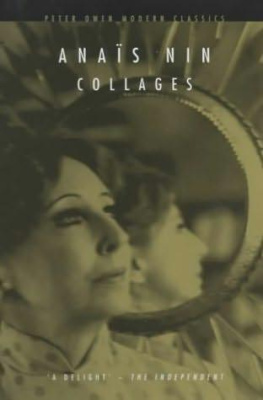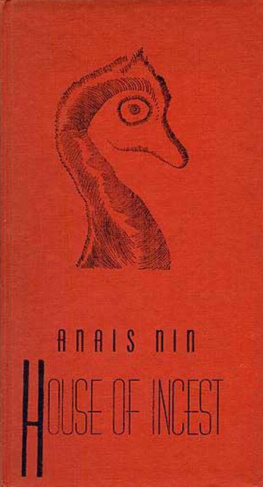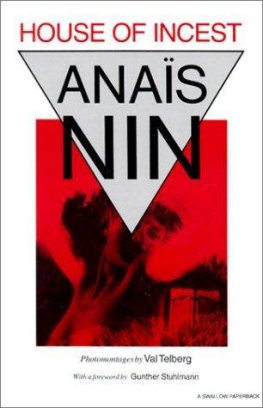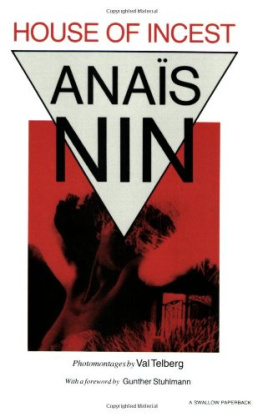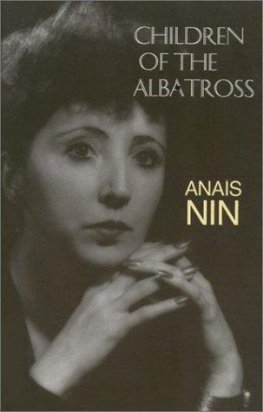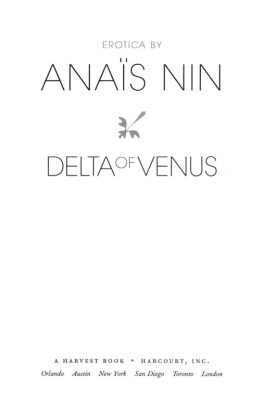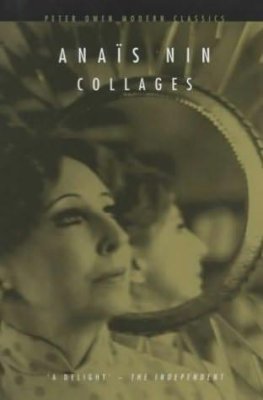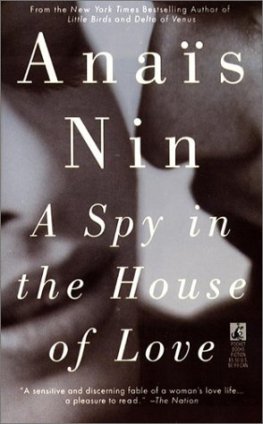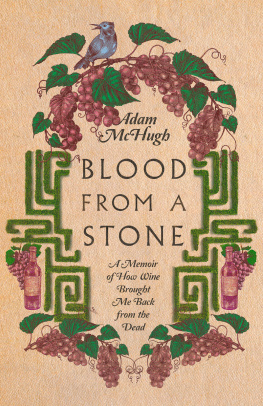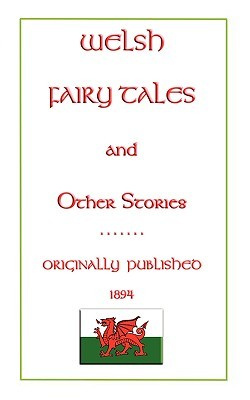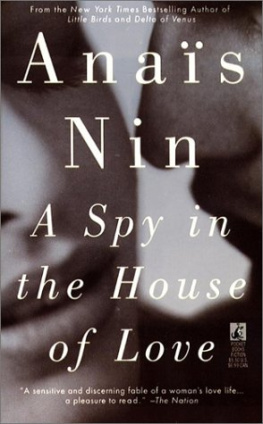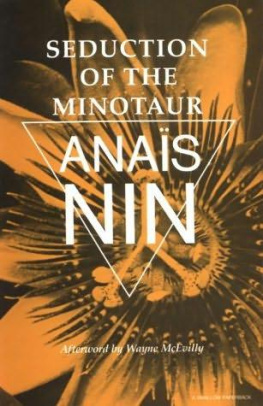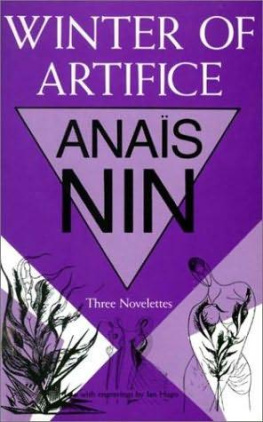
1964
VIENNA WAS THECITY OF STATUES. They were as numerous as the people who walked the streets.They stood on the top of the highest towers, lay down on stone tombs, sat onhorseback, kneeled, prayed, fought animals and wars, danced, drank wine andread books made of stone. They adorned cornices like the figureheads of oldships. They stood in the heart of fountains glistening with water as if theyhad just been born. They sat under the trees in the parks summer and winter.Some wore costumes of other periods, and some no clothes at all. Men, women,children, kings, dwarfs, gargoyles, unicorns, lions, clowns, heroes, wise men,prophets, angels, saints and soldiers preserved for Vienna an illusion ofeternity.
As a child Renate could see them from herbedroom window. At night, when the white muslin curtains fluttered out likeballooning wedding dresses, she heard them whispering like figures which hadbeen petrified by a spell during the day and came alive only at night. Theirsilence by day taught her to read their frozen lips as one reads the messagesof deaf mutes. On rainy days their granite eye sockets shed tears mixed withsoot.
Renate would never allow anyone to tell her thehistory of the statues, or to identify them. This would have situated them inthe past. She was convinced that people did not die, they became statues. Theywere people under a spell and if she were watchful enough they would tell herwho they were and how they lived now.
Renates eyes were sea green and tumultuous likea reduction of the sea itself. When they seemed about to overflow with emotion,her laughter would flutter like windchimes and form a crystal bowl to containthe turquoise waters as if in an aquarium, and then her eyes became scenes ofVenice, canals of reflections, and gold specks swam in them like gondolas. Herlong black hair was swept away from her face into a knot at the top of herhead, then fell over her shoulders.
Renates father built telescopes ndmicroscopes, so that for a long time Renate did not know the exact size ofanything. She had only seen them diminutive or magnified.
Renates father treated her like a confidante,a friend. He took her with him on trips, to the inauguration of telescopes, orto ski. He discussed her mother with her as if Renate were a woman, andexplained that it was her mothers constant depression which drove him awayfrom home.
He relished Renates laughter, and there weretimes when Renate wondered whether she was not laughing for two people,laughing for herself but also for her mother who never laughed. She laughedeven when she felt like weeping.
When she was sixteen she decided she wanted tobecome an actress. She informed her father of this while he was playing chess,hoping that his concentration on the game would neutralize his reaction. But hedropped his king and turned pale.
Then he said very coldly and quietly: But Ihave watched you in your school plays and I do not think you are a goodactress. You only acted an exaggerated version of yourself. And besides, yourea child, not a woman yet. You looked as if you had dressed up in your mothersclothes for a masquerade.
But, Father, it was you who once said thatwhat you liked about actresses was that they were exaggerated women! And nowyou use this very phrase against me, to pass judgment on me.
Renate spoke vehemently, and as she spoke hersense of injustice grew magnified. It took the form of a long accusation.
You have always loved actresses. You spend allyour time with them. I saw you one night working on a toy based on an interplayof mirrors. I thought it was for me. I was the one who liked to look throughkaleidoscopes. But you gave it to an actress. Once you would not take me to thetheater, you said I was too young, yet you took a girl from my school, and sheshowed me all the flowers and candy you sent her. You just want to keep me achild forever, so I will stay in the house and cheer you up.
She did not talk like a child angry that herfather did not believe in her talent, but like a betrayed wife or mistress.
She stormed and grew angrier until she noticedthat her father had grown paler, and was clutching at his heart. Frightened,she stopped herself short, ran for the medicine she had seen him take, gave himthe drops, and then kneeled beside him and said softly: Father, Father, dontbe upset. I was only pretending. I was putting on an act to prove to youthat I could be a good actress. You see, you believed me, and it was allpretence.
These words softly spoken, revived her father.He smiled feebly and said: Youre a much better actress than I thought youwere. You really frightened me.
Out of guilt she buried the actress. It wasonly much later she discovered that her father had long been ill, that she hadnot been told, and that it was not this scene which had brought on the firstsymptoms of a weak heart.
In every relationship, sooner or later, thereis a court scene. Accusations, counter-accusations, a trial, a verdict.
In this scene with her father, Renate condemnedthe actress to death thinking that her guilt came from opposing his will. Itwas only later that she became aware that this had not been a trial betweenfather and daughter.
She had, for a few moments, taken the place ofher mother and voiced accusations her mother had never uttered. Her mother hadbeen content to brood, or to weep. But Renate had spoken unconsciously a brieffor an unloved wife.
It had not been the rebellion of a daughteragainst a fathers orders she felt guilty of, but her assuming what should havebeen her mothers role and place in her fathers heart.
And her father too, she knew now, had not beenhurt by a daughters rebellion, but by the unmasking of a secret: he had notlooked upon Renate as a daughter but as a woman, and his insistence onmaintaining her a child was to disguise the companionship he enjoyed.
After this scene, Renates father searched fora tutor because Renate had at the same time refused to continue to go toschool.
He had a brother who had refused to go to schooland had locked himself up in his room with many books. He only came out of itto eat and to renew his supply of books. At the end of seven years he came outand passed his examinations brilliantly and became a professor.
He indulged in one gentle form of madness whichdid not affect his scholarly and philosophical knowledge. He insisted that hehad no marrow in his bones.
Renates father thought that his brother wouldbe a good tutor for Renate. He could teach her music, painting, and languages.It would help to keep her at home, away from the influence of other girls. Buthe explained the professors obsession to her, and stressed clearly that shemust never refer to bones or marrow as it ignited his irrational obsession.
Renate was naturally strongly tempted todiscuss this very mystifying theme, and the marrow madness of her uncleinterested her far more than anything else he might teach her.
She spent many days trying to find a tactfulway to introduce this theme in their talks together. She did some preparatoryresearch in the library. She discovered that birds have no marrow in theirbones. She bought her uncle a canary with a coloratura voice and said: Did youknow that birds do not have marrow in their bones?
Yes, said her uncle, but neither have I.
How marvelous, said Renate, that means thatyou can fly!
Her uncle was impressed but would not puthimself through the test. For fear she might urge him to explore this newconcept, he never referred to his handicap again. But before adopting completesilence on this subject he offered her a rational explanation of its cause.
My mother told me that she became pregnantwhile still nursing me. Slowly I realized that this other child, my brother,had absorbed all the nourishment away from me, thus leaving me without marrowin my bones.
Next page
